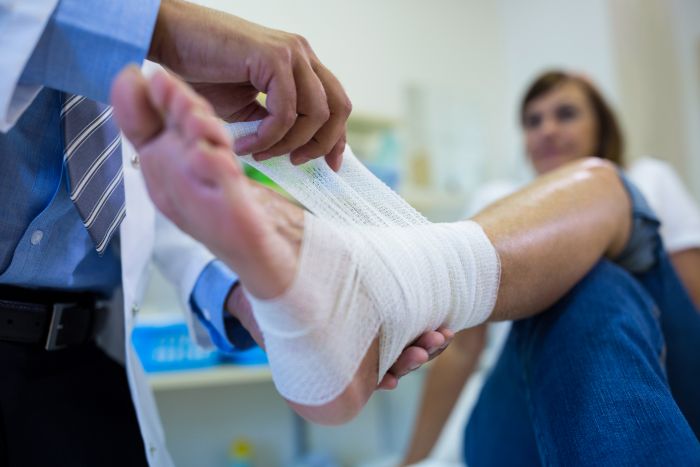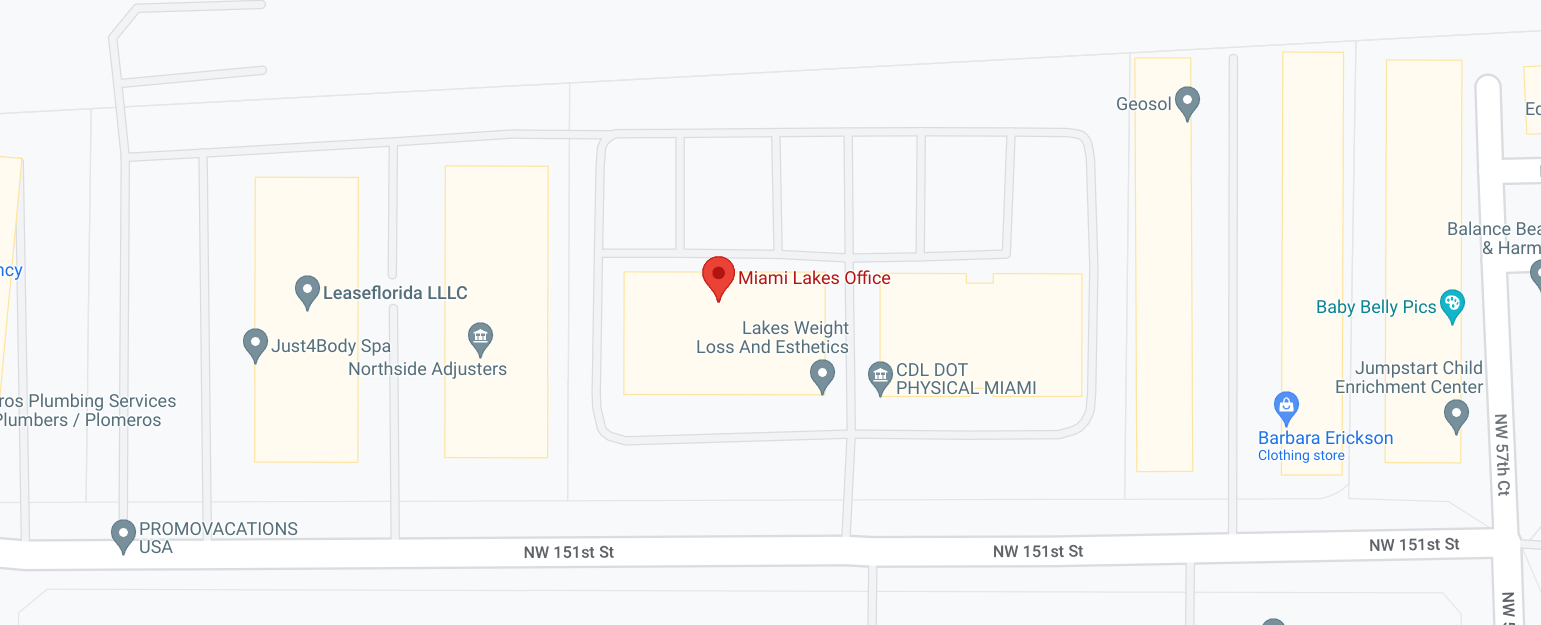When someone is involved in a car accident, emotions often run high, and medical concerns quickly take priority. While seeking treatment is the obvious first step, many accident victims don’t realize the critical role their medical records will later play in the outcome of their claim. In Florida, where injury cases often hinge on comparative negligence, these documents are more than just proof of treatment; they become essential evidence that shapes negotiations, courtroom strategies, and even settlement values.
Medical records offer a window into the timeline, severity, and progression of injuries. Insurance companies, attorneys, and judges rely on them to decide what compensation, if any, should be awarded. Without comprehensive documentation, even a legitimate injury can appear questionable. This is where the work of a seasoned Miami car accident lawyer can make a significant difference.
Why Medical Records Hold Legal Weight
Florida operates under a no-fault insurance system, which means that your personal injury protection (PIP) coverage pays for a portion of your medical expenses regardless of who caused the accident. However, when injuries are serious enough to exceed PIP limits, claims often escalate into legal disputes. At that stage, medical records become the foundation for proving damages.
Records help establish the cause of injury, the type of treatment received, the length of recovery, and whether future care is needed. They also connect the accident directly to the physical harm sustained, reducing the possibility of insurers arguing that your injuries were preexisting. Attorneys often analyze these documents line by line to ensure every medical expense and projected cost is fully accounted for in the claim.
The Timeline Factor
Insurance adjusters are quick to question delays in treatment. If days or weeks pass before a person seeks care, insurers may argue that the injuries were unrelated to the crash. A detailed medical record showing treatment immediately after the accident weakens that argument. Even follow-up appointments play an important role. Gaps in care can be used against victims, suggesting that they were healthy enough not to need continuous treatment.
In cases handled by a Miami car accident lawyer, this timeline is carefully reviewed and presented to counter such arguments. Attorneys ensure that medical reports, diagnostic test results, and doctor’s notes form a consistent narrative that supports the injury claim.
Linking Records to Liability
In addition to proving injury, medical records help link the defendant’s negligence to the harm caused. For example, a CT scan showing a concussion following a rear-end collision ties the medical outcome directly to the crash event. Expert testimony often accompanies these records, with doctors explaining how specific injuries align with the mechanics of the accident.
When comparative negligence is at play, this connection becomes vital. If the defense claims the victim was partly at fault, medical records help show that even if some responsibility is shared, the injuries remain directly related to the crash itself.

The Role of Specialists and Experts
General practitioners often provide the initial medical reports, but specialists bring additional credibility. Orthopedic surgeons, neurologists, or physical therapists often provide deeper insight into the severity of injuries. These specialist records help strengthen a case by showing the depth of medical involvement required.
Accident victims may not always realize how important it is to consult with specialists. An attorney, however, understands that each layer of medical documentation adds weight to the claim. By guiding clients to appropriate specialists, lawyers build a stronger case supported by authoritative medical voices.
The Challenges of Medical Privacy and Access
While medical records are critical, accessing them isn’t always straightforward. Hospitals and clinics often have strict privacy protocols and lengthy turnaround times. Insurance companies sometimes request only selective portions of records, leaving out context that may actually support the victim’s case.
This is why working with a car accident lawyer is often necessary. Legal professionals ensure that full and accurate records are obtained, not just fragments that may be interpreted in favor of the insurer. They also know how to prevent oversharing information unrelated to the case, such as past medical history that could be unfairly used against the victim.
Anticipating the Insurance Company’s Strategy
Insurers rarely accept medical records at face value. They may claim that treatments were unnecessary, that injuries were exaggerated, or that recovery should have been quicker. Adjusters sometimes hire their own doctors to review records and provide “independent” medical evaluations, often leaning in the insurer’s favor.
Attorneys counter this by presenting comprehensive records along with expert testimony. They highlight not only what the documents show but also how they align with the lived experience of the injured person. By turning medical records into a narrative rather than just paperwork, they help insurers or jurors see the full picture of the impact.
Future Medical Costs and Prognosis
One of the most overlooked aspects of medical records is the role they play in projecting future medical needs. Records don’t just detail what has happened; they often include a prognosis outlining what care will be required in the future. This could mean surgeries, physical therapy, medication, or even lifelong medical support.
Without including these forward-looking details, victims risk receiving settlements that cover only immediate bills while ignoring the long-term burden of injury. A Miami car accident lawyer ensures that these projections are calculated and included in the compensation demand.

A Tool for Negotiation and Trial
Medical records serve as both a shield and a sword. In negotiations, they provide the evidence attorneys need to argue for higher settlements. If the insurer refuses to negotiate fairly, those same records become powerful tools in trial. Jurors can be shown X-rays, physician notes, and recovery timelines to better understand the extent of harm.
Attorneys often work with medical illustrators or accident reconstruction experts to bring these records to life in court, turning dense files into clear, visual evidence that resonates with a jury.
A Local Perspective
In communities like Carroll Gardens and Fort Greene, residents often balance busy urban lifestyles with limited time to deal with lengthy claims. Medical records become a way to fast-track the process by providing indisputable evidence that cuts through lengthy disputes. For people working in fast-paced environments, accurate records reduce the risk of insurers dragging out the process.
Local attorneys familiar with Miami’s legal landscape understand both the state’s comparative negligence system and the ways insurers attempt to minimize claims. By combining thorough medical documentation with strategic legal knowledge, they help local accident victims protect their rights and recover fair compensation.
Closing Thoughts
Medical records may feel like routine paperwork during recovery, but they ultimately decide the strength and success of many accident claims. They tell a story of injury, treatment, and resilience. For victims, the documents serve as both a lifeline and a safeguard. For attorneys, they become the cornerstone of negotiation and trial strategy.
The next time someone considers what really influences the outcome of a claim, it’s worth remembering that medical records don’t just document recovery; they shape justice itself.












